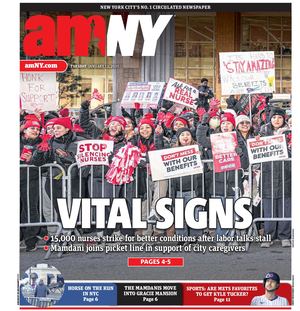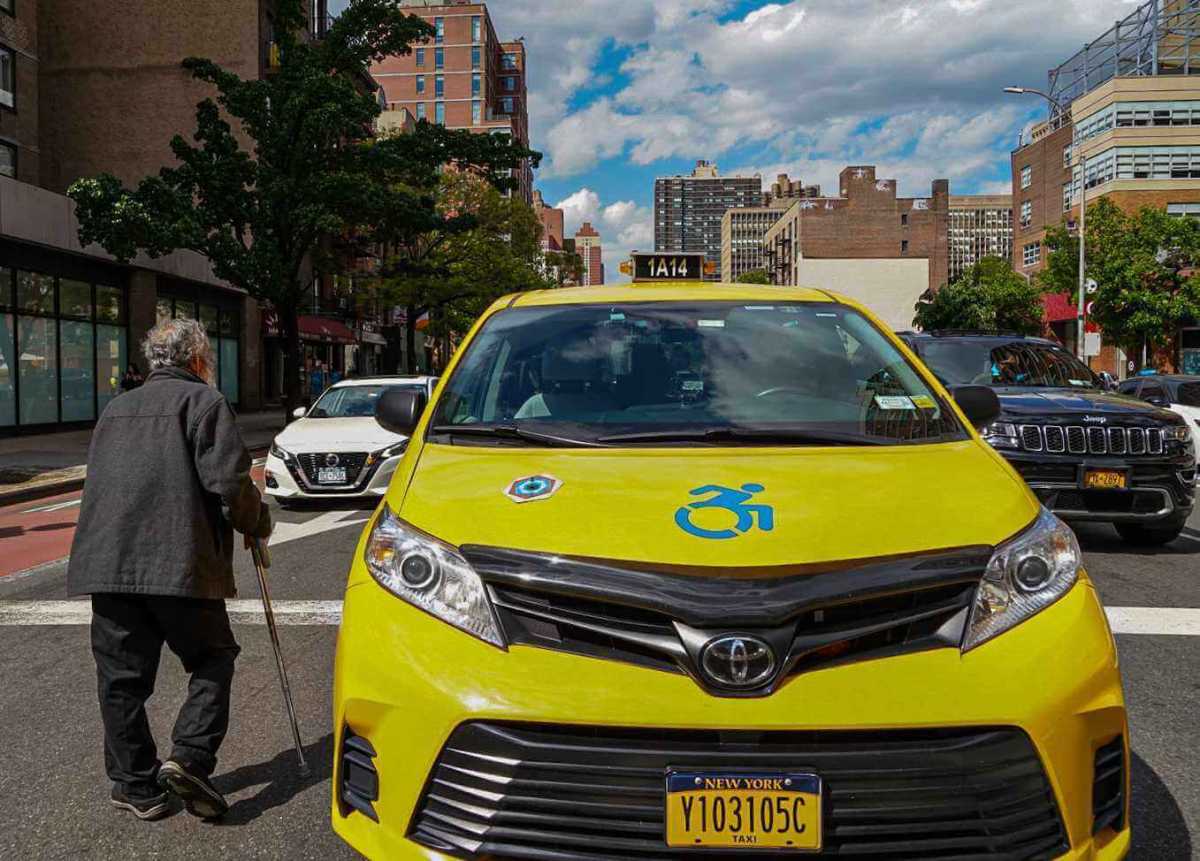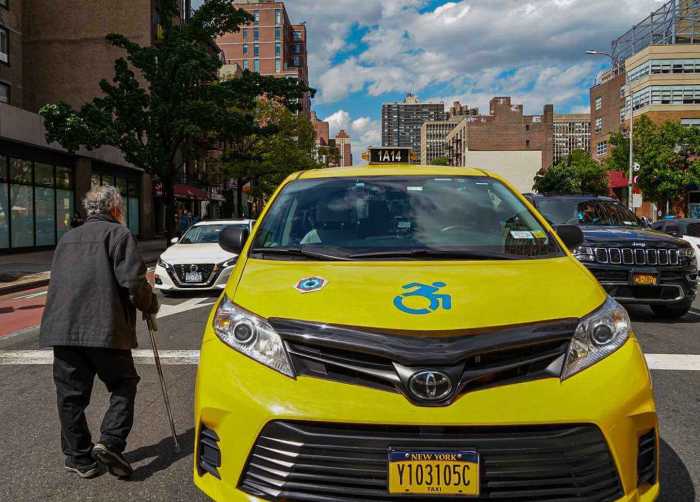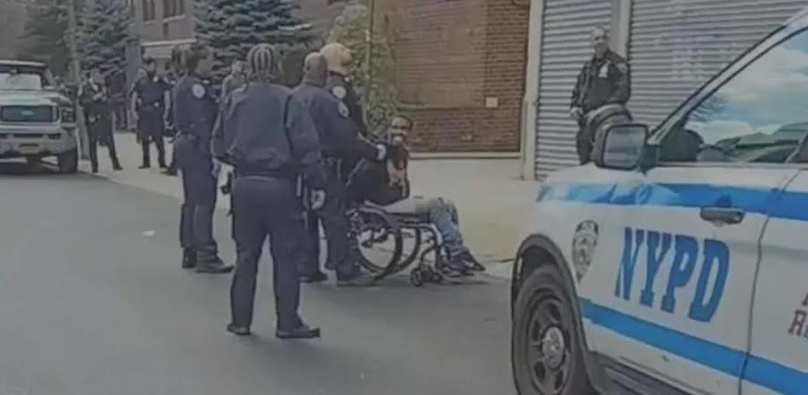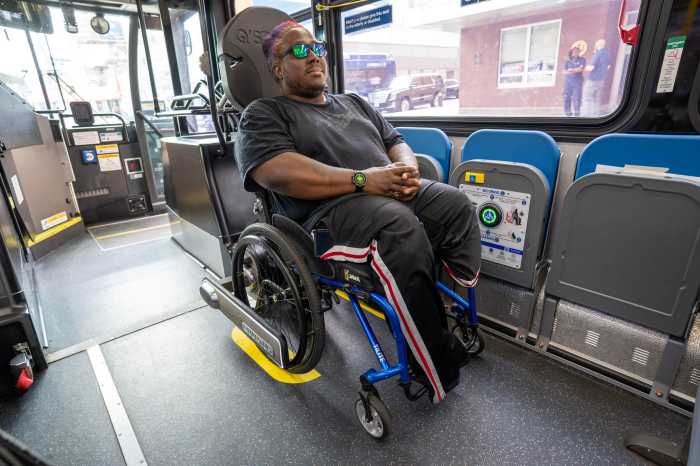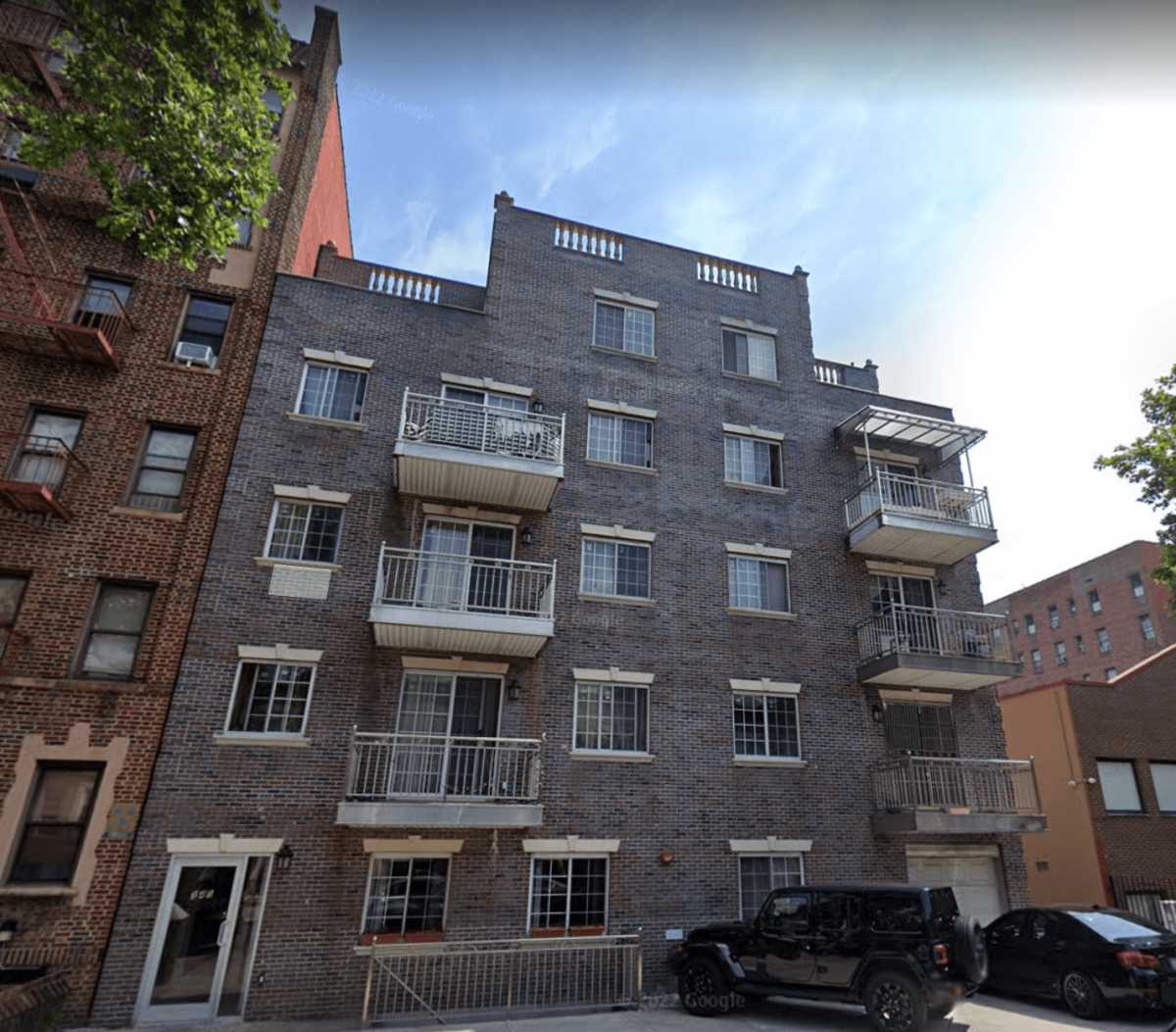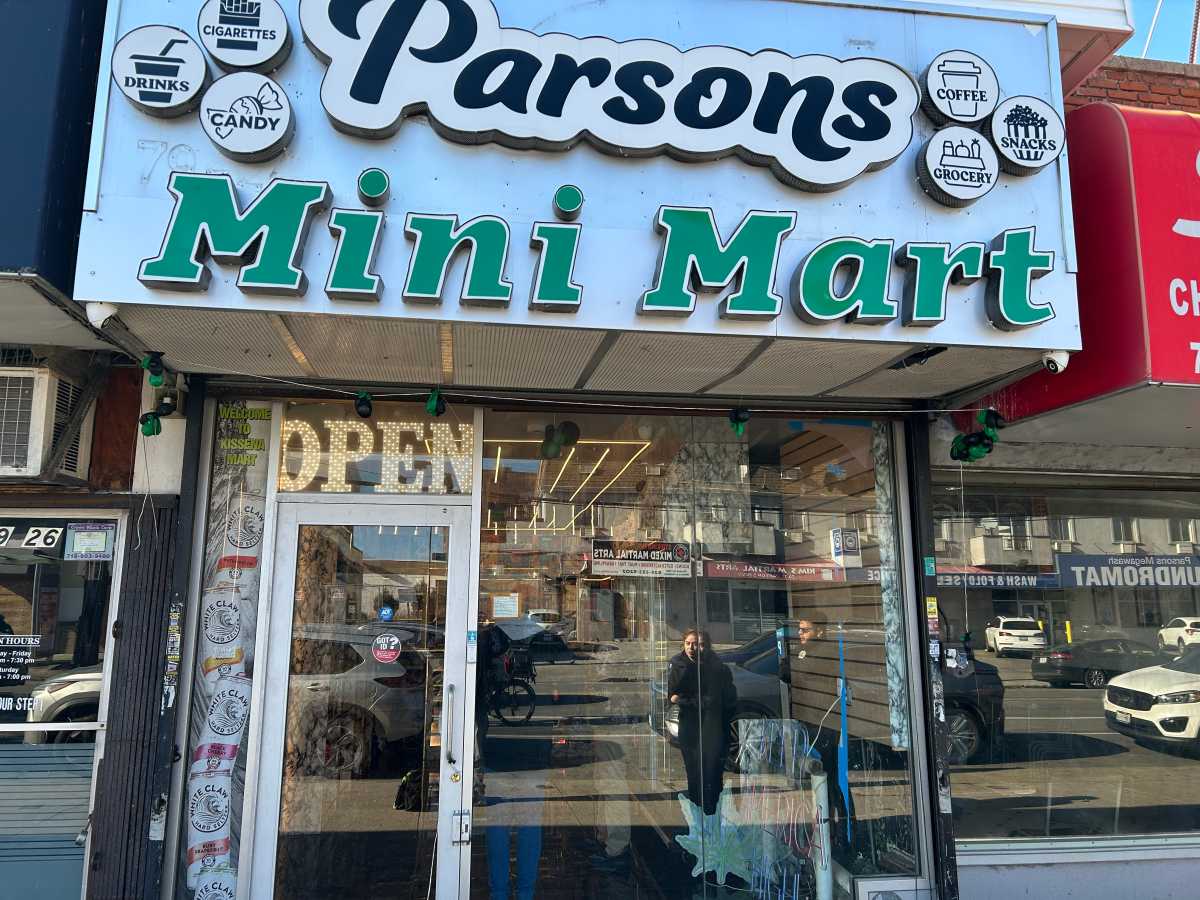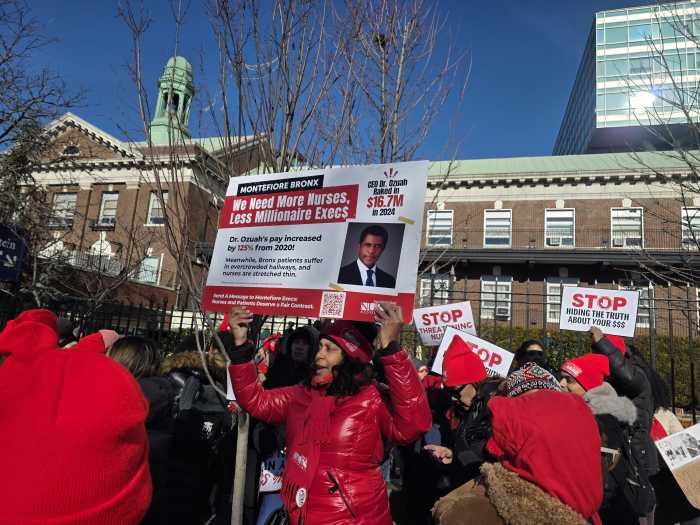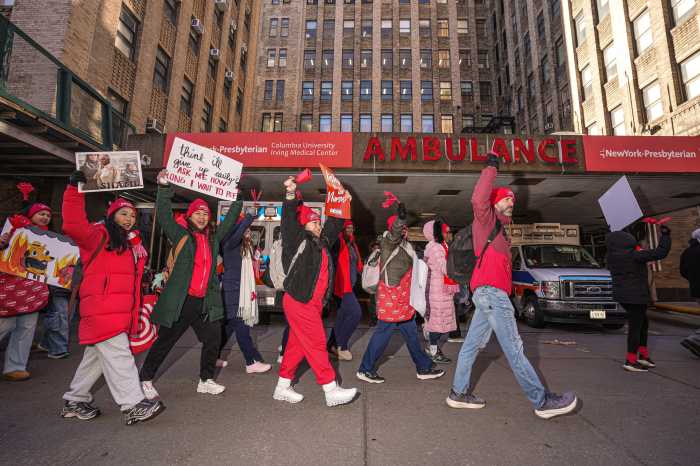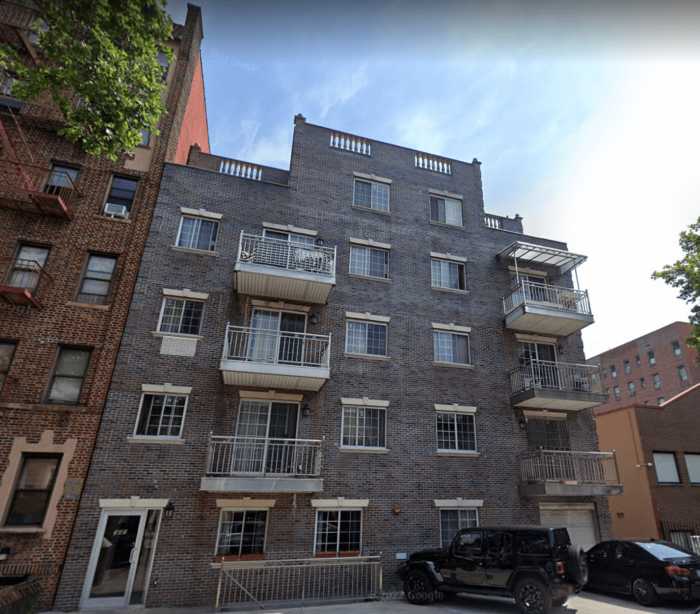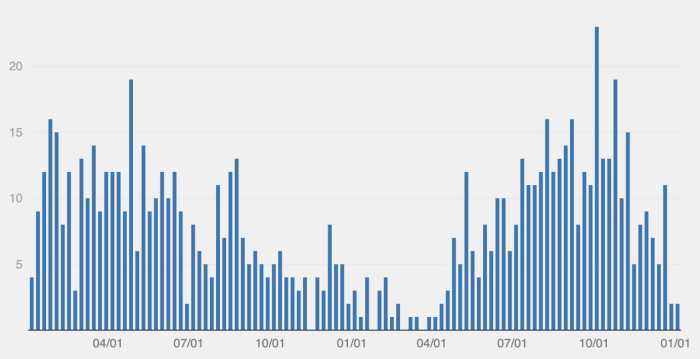All new NYC yellow taxis must be accessible for people in wheelchairs until the city finally meets the terms of a decade-old settlement, a federal judge ruled last week.
Judge George Daniels, of the Southern District of New York, ruled on Aug. 29 that the city could not wiggle its way out of a 2014 settlement requiring at least half of the city’s 13,000 yellow cabs be wheelchair-accessible and further ordered that no new taxis can enter the yellow fleet without being accessible to those with disabilities.
Daniels hailed the 2014 settlement at the time as “one of the most significant acts of inclusion since Jackie Robinson joined the Brooklyn Dodgers.” But the 2020 compliance deadline came and went, as did an agreed-upon 2023 extension.
There’s no doubt that taxi accessibility has improved in the intervening years. Less than 2% of taxis on the road were accessible at the time of the settlement, but the number had risen to about a third of them by 2023, including about 42% of “active” medallions.
Nevertheless, this year the Adams administration started arguing in court that it should be relieved of its settlement obligations, something that was blasted both by the disabled plaintiffs in the case and by Daniels himself.
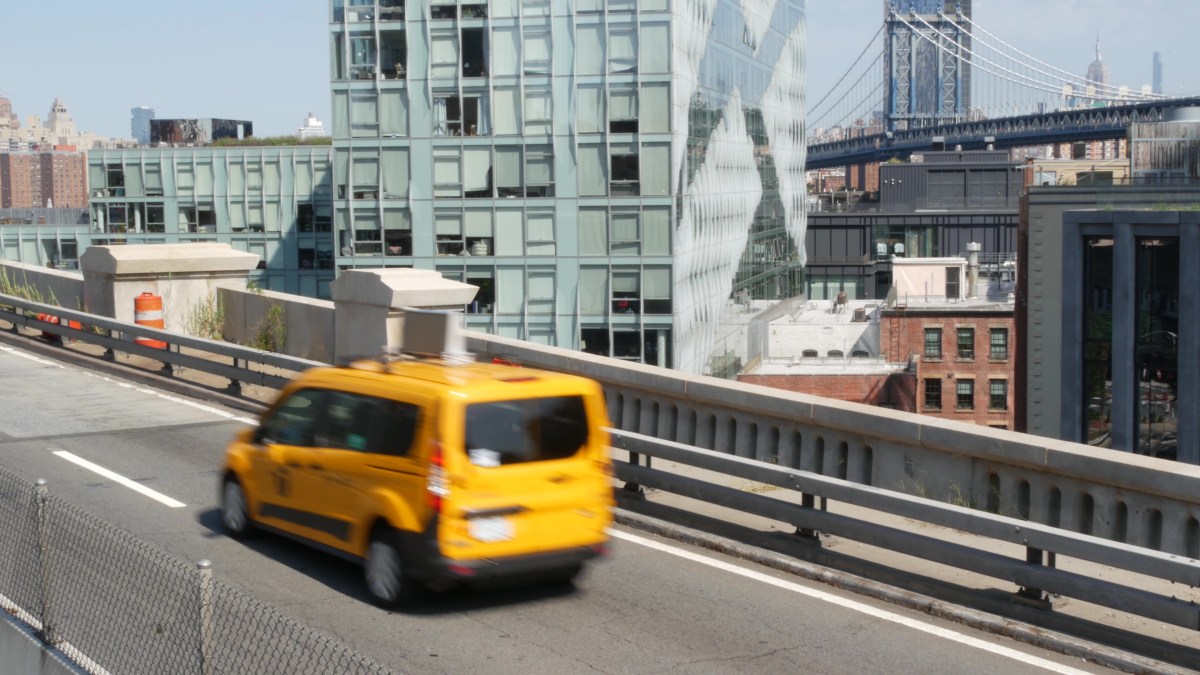
In a status conference in May, Daniels was particularly aggravated to learn that cabbies driving wheelchair-accessible taxis can turn in their vehicle upon retirement and trade it for a non-accessible vehicle, saying the city was “inherently creating a situation where you can’t meet the timeline.”
In his Thursday ruling, Daniels said the defendants “confirm that they have breached critical terms of the [settlement] but argue that no harm has resulted,” while the plaintiffs had argued the breach violated their civil rights as well as their right to seek a fully-accessible taxi fleet. He also dismissed the city’s attempts to argue it had “substantially performed under the terms” of the settlement, saying instead that the city’s job “does not constitute anything close to substantial performance.”
“Plaintiffs have been denied what they bargained for,” wrote Daniels. “As a result, Defendants’ arguments that Plaintiffs have not suffered injury fail. Consequently, Plaintiffs have established each element of their claim and are entitled to enforcement.”
Under Daniels’ ruling, the TLC estimates the settlement terms will be met by 2028, the jurist wrote.
“We are pleased with the court’s ruling requiring that 100% of all new taxis be accessible until the 50% threshold is reached,” said Damani Sims, a lawyer for the plaintiffs. “It is now time for the City and the TLC to honor their commitment to accessibility by keeping the 100% rule in place in perpetuity.”
Daniels did, however, deny the plaintiffs’ request for a special master to oversee and enforce the ruling.
David Do, the head of the Taxi & Limousine Commission, said he will “swiftly propose rules” to comply with the ruling.
“Our commitment to accessibility is unwavering and we will move swiftly to propose rules reflecting Judge Daniels’s decision,” said Do. “Working to ensure that people with disabilities have exactly the same access to transportation as everyone else has always been one of our top priorities, and this only reinforces that commitment.”
The TLC says it now has more accessible vehicles in its fleet than ever. The city instituted a rule last year that all Ubers and Lyfts must be either electric or wheelchair-accessible by 2030, and the number of vehicles that meet those requirements has more than doubled since. The TLC says that 90% of Uber and Lyft trips using accessible vehicles now have wait times of under 10 minutes.
Read More: https://www.amny.com/nyc-transit/
